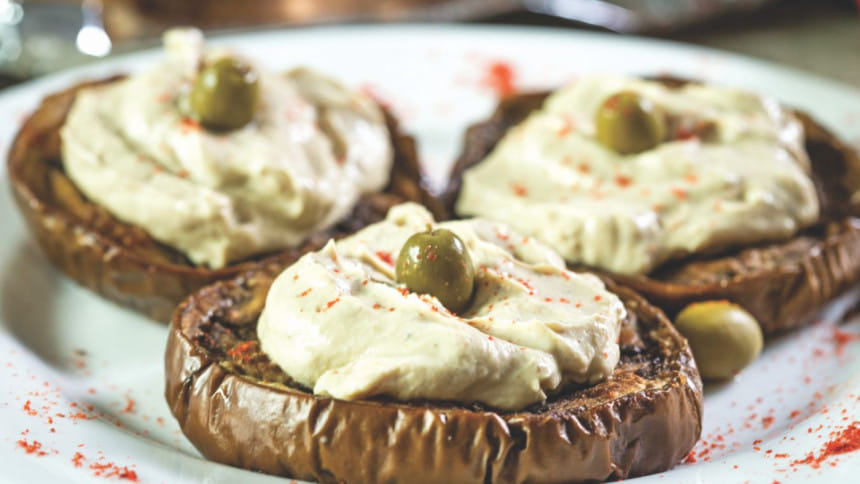Go Organic

Organic food refers to food products that are produced, prepared, and processed without the use of any chemicals. It prohibits the use of chemical pesticides, chemical fertilizers, or chemical preservatives. Organic livestock raised for meat, eggs, and dairy products must have access to the outdoors and be given organic feed. They may not be given antibiotics, growth hormones, or any animal by-products.
How our food is grown or raised can have a major impact on our mental and emotional health as well as the environment. Eating organic food will not only provide us with more nutritional bang for our buck, but will ensure that we are getting food in its most natural state. It is the only way to avoid the cocktail of chemical poisons present in commercially grown food. More than 90% of the pesticides we consume are found in the fat and tissue of meat and dairy products. Antibiotics, drugs, and growth hormones are directly passed into meat and dairy products. Chemicals such as fungicides, herbicides, and insecticides are widely used in conventional agriculture and residues remain on (and in) the food we eat. This chemical "body burden" as it is medically known could lead to health issues such as headaches, birth defects, convulsions, endocrine disorders, Parkinson's disease, cancer, infertility, weakened immune systems and even depression.
Organic food products such as organic meat, organic milk, organic fish, and organic poultry contain very high nutritional content and seem fresh and full of flavour, because they do not contain modified ingredients compared to the conventional agricultural food products. Another factor that makes them highly nutritious is that they are given time to develop and are provided with the best natural conditions for growth. The vitamin and mineral contents of organic food products are always high as the soil life and health offers the most suitable mechanism for crops to access soil nutrients. The levels of certain nutrients, including omega-3 fatty acids, were up to 50 percent higher in organic meat and milk than in conventionally raised versions. Organic food is free of foreign chemicals that normally react with vitamins, organic compounds and minerals thus lowering the essential positive impacts of antioxidants in food products. Exclusive grazing on natural grass increases the amounts of CLA (conjugated linoleic acid) found in animal products. CLA is a heart-healthy fatty acid with the potential of bolstering cardiovascular protection, and it is found in higher quantities in the meat and milk products of animals that have been pastured in free range.
Apart from nutrition, the mineral and sugar structures in organic food are tasty because the crops are given more time to develop and mature. Generally, organically grown food simply taste better due to their well-balanced soil base.
Genetically Modified Organisms (GMOs) or genetically engineered (GE) food are plants whose DNA has been altered in ways that cannot occur in nature or in traditional crossbreeding, most commonly in order to be resistant to pesticides or produce an insecticide. GMOs have been linked to increased food allergens and gastro-intestinal problems in humans. Altering the DNA of a plant or animal can increase the risk of cancer; the research has so far proven inconclusive. Organic products are grown with natural fertilisers (manure, compost etc) and weeds are controlled naturally (crop rotation, hand weeding, mulching, and tilling).
Organic farming practices reduce pollution, conserve water, reduce soil erosion, increase soil fertility, and use less energy. Farming without pesticides is also better for nearby birds and animals as well as people who live close to farms which are ultimately better for the environment.
Non-organic food sources (especially livestock and feeds) use vaccines, growth hormones, animal byproducts, and antibiotics to treat and feed the animals. When humans consume the non-organic food products, they indirectly consume the antibiotics, growth hormones and vaccines which weaken immune systems.
Photo: Shahrear Kabir Heemel
Food prepared by Rubaiya Ahmad

 For all latest news, follow The Daily Star's Google News channel.
For all latest news, follow The Daily Star's Google News channel. 



Comments